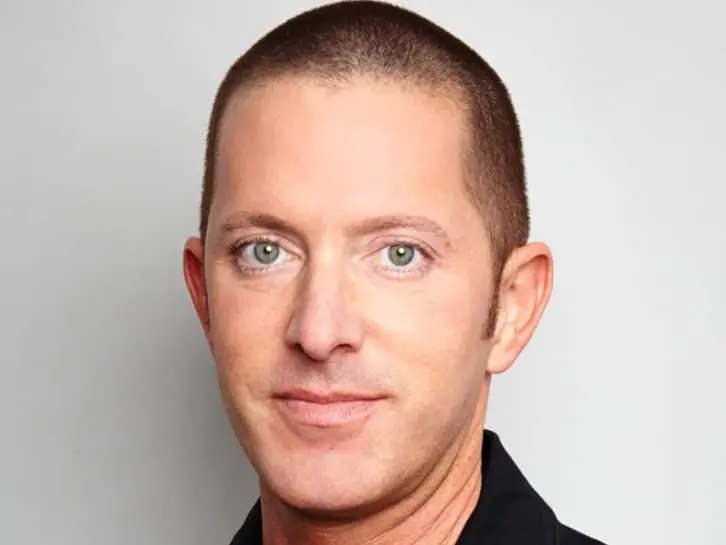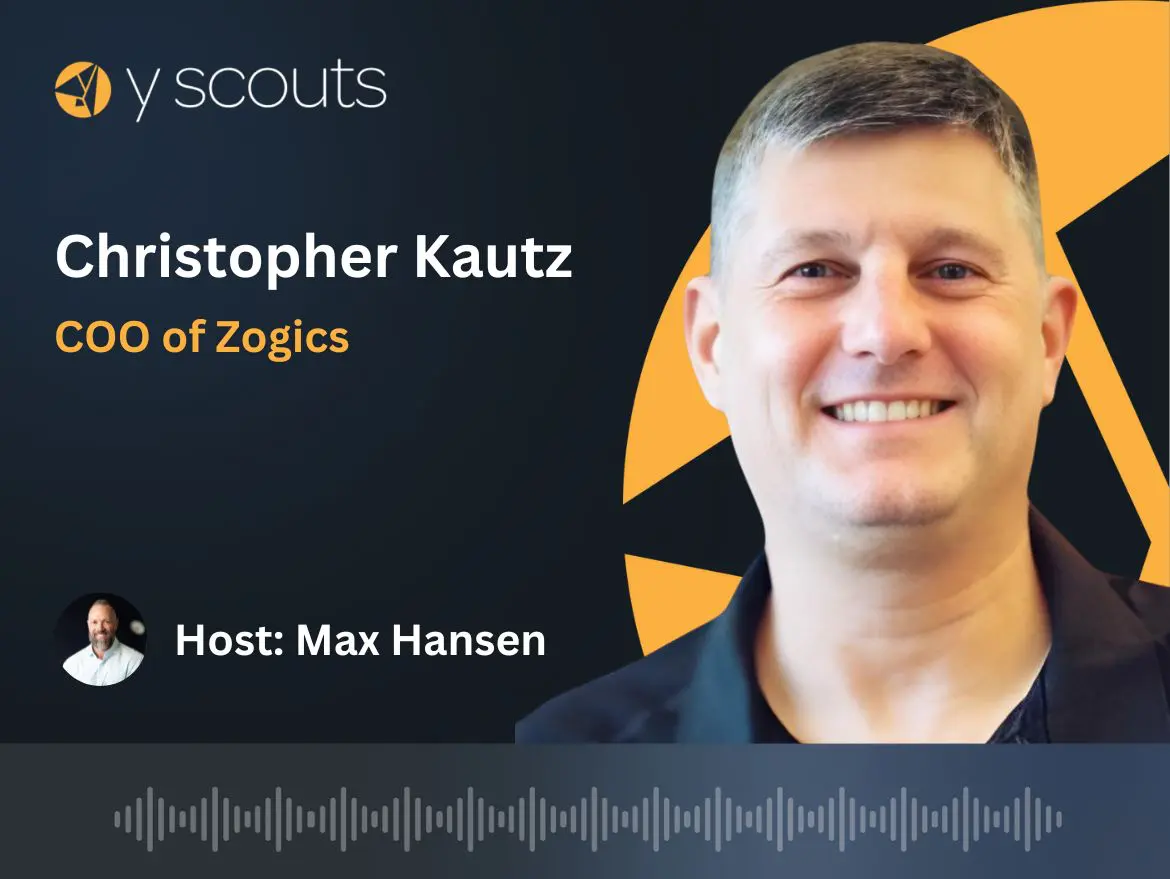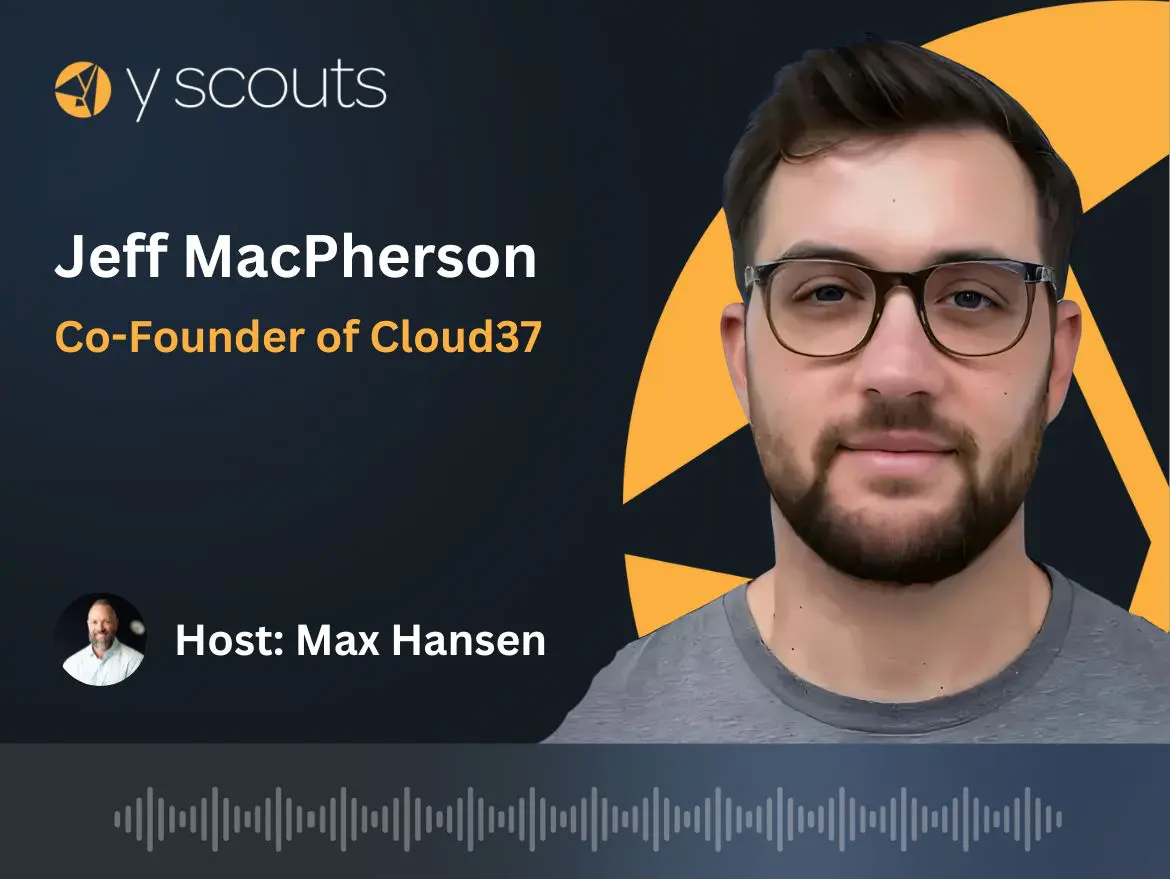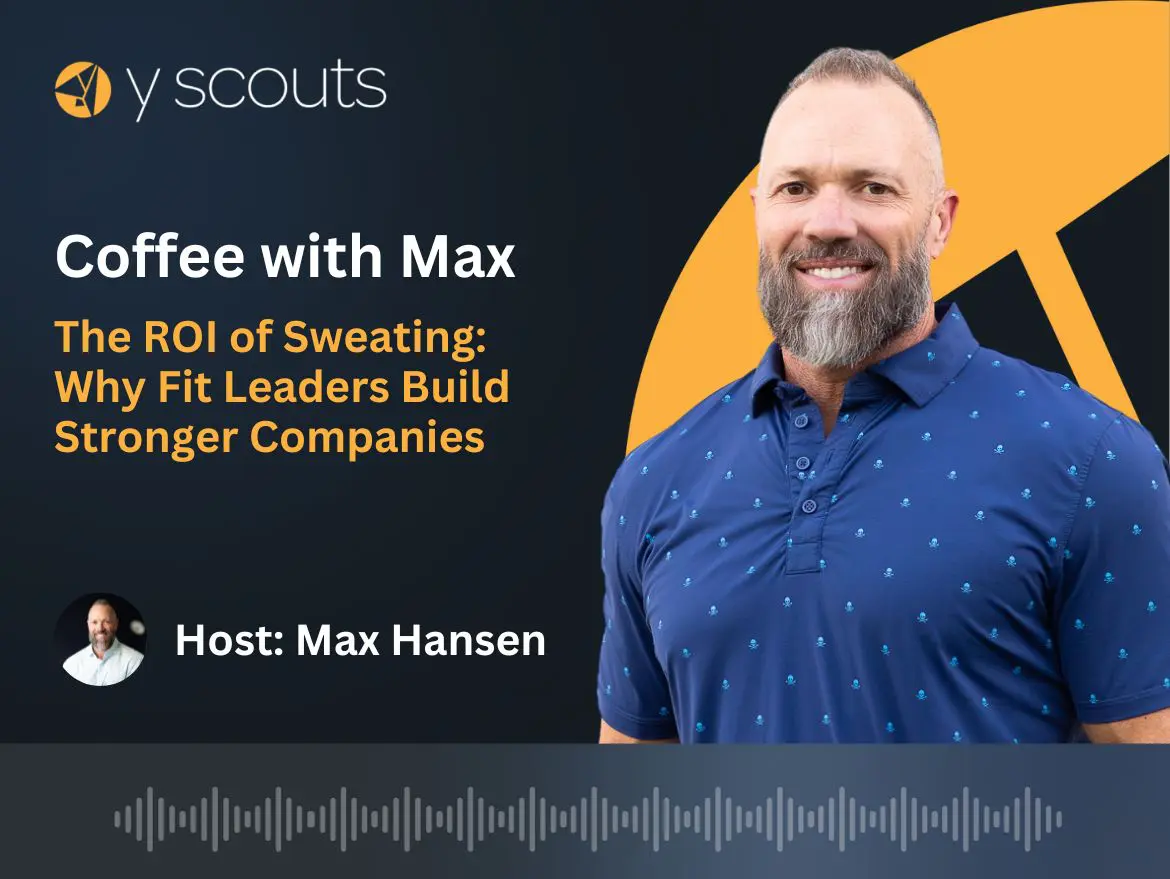
Eric Severson spent the last decade and a half as a member of the People team at apparel giant, GAP, Inc. During his time at GAP, Eric was part of some truly ground-breaking HR and People initiatives including implementing a Results Only Workplace Environment (ROWE), becoming the first major apparel retailer to raise the minimum hourly wage, becoming the first major retailer in the world to release statistical evidence on paying men and women equally in all geographies, and leveraging neuroplasticity and mindset psychology as part of a leading-edge performance management system – some really heady stuff.
In this podcast interview we also dive into the difference between work-life balance and work-life integration, a topic Eric is very passionate about. Eric is currently serving as an appointee on the US Commerce Department’s National Council on Innovation and Entrepreneurship – a role that focuses on the key drivers of America’s global competitiveness. This episode is full of great insight with a specific focus on how to help your people become the best version of themselves to not only help your business grow, but to foster a spirit of personal growth within every member of the people you lead.
Ladies & gentlemen, I share with you, Eric Severson.
Table of Contents
ToggleShow highlights:
- 2:20 – Eric’s unlikely career path to becoming a business executive at GAP
- 5:00 – The journey of raising the minimum wage for 60,000 of GAP’s employees
- 6:11 – How “Women In Opportunity” played a role in the raising of GAP’s minimum wage
- 8:13 – Why GAP decided to leverage their position of power as a well recognized brand to start leading social change.
- 9:00 – The benefits of raising minimum wage for employees
- 11:30 – The side effects of being a first mover
- 12:30 – What factors led to saying “Yes” to the considerable price tag of raising wages for 60,000 employees
- 14:00 – Measuring public opinion and the impact on GAP’s bottom line
- 15:20 – With the majority of GAP’s workforce being made up of millennials, what are the biggest misconceptions about the millennial generation?
- 17:30 – Why GAP did away with a long standing “no cell phone policy” at work.
- 18:30 – What led to implementing a Results Only Work Environment
- 20:45 – Why work – life balance is also about empowerment
- 21:40 – Creating stability in hourly scheduling in the retail industry
- 24:00 – Did the Results Only Work Environment wreak havoc on the management practices and individuals who were used to a more traditional structure?
- 26:00 – The effect of Results Only Work Environment on different types of leaders
- 27:45 – The impact of implementing a Results Only Work Environment had on turnover
- 28:30 – Employee voluntary turnover was reduced by almost 50% in virtually every case of implementing a Results Only Work Environment.
- 29:40 – What inspired GAP to turn to a Results Only Work Environment
- 31:15 – Results Only Work Environment was consistently the #1 employee engagement program for professional employees, as evidenced by GAP’s Quarterly Employee Pulse survey, where employees identify one thing about the company that they didn’t want to change.
- 32:00 – Why voluntary turnover will generally be cut in half, while involuntary turnover will generally double when implementing a Results Only Work Environment in the first year.
- 34:56 – The advantages of quarterly surveying of employees
- 35:45 – The equation that employees run through their mind on a regular basis.
- 41:23 – The concept of Neuroplasticity in the workplace
- 45:11 – Why GAP does not annual ratings and annual reviews.
- 45:45 – What’s required to be a successful company in the 21st century.
- 46:20 – Why a GPS system is the perfect metaphor for how employees need to adapt
- 47:08 – The concept of a Co-CHRO
- 51:49 – Eric’s role on National Advisory Council on Innovation & Entrepreneurship
- 56:15 – The concept of repotting ourselves every 10 years to achieve diversity of perspective
- 59:20 – The most important question a leader can ask themselves when forming a talent strategy
Show links:
- Eric Severson LinkedIn
- Diversity is the Mother of Invention
- Neuroplasticity
The equation that employees run through their mind on a regular basis.
“How hard I work”
x
“The Enjoyment I Get From My Job”
x
“The Development I Get From My Job”
x
“The Money I Get Paid”
=
Whether Staying At This Job Is Worth It.
Money does not trump all. It’s always a balancing act. Money is just part of it. How much sacrifice am I asked to make in the rest of my life? As an employer, if you can figure out a systemic way to enable people to increase the amount of flexibility they have to achieve the other goals and purpose they have in their life, while making their salary with you, you will achieve competitive advantage in their minds.
Encourage people to come and join you, even if you can’t pay them more than a competitor. There are many times where we had competitors who were willing to pay more. Part of our strategy was to say, regardless of economic conditions, when economic conditions are tough, and we don’t have the money to pay more, this is an advantage that is immune to the effects of a down economy that we can maintain.
It’s a good example of something that ends up being part of the virtuous cycle concept that there were operating reasons why we undertook this to fix a problem with burnout among our workforce. There were strategic reasons to try and gain competitive advantage. At the end of the day, we went out and talked about it. It would be easy to keep it to ourselves. There was a part of me that wished our competitors wouldn’t copy this because we would then lose our competitive advantage. But, the humanitarian in me wished that everyone would adopt the Results Only Work Environment because there are so many people who suffer needlessly because of archaic, 20th century rules about where and when you have to work. In an age where digital technology has made it possible to work almost anywhere, including Starbucks or the airplane.
A few things to think about when considering implementing the Results Only Work Environment.
Why does it work to send 18 year olds off to college with the admonition that they can have freedom to figure out how they’re going to do it? What you will hold them accountable for are getting the right grades at the end of the semester. They can study, they can not study. They can go to class, they can not go to class. They can party, they can not party. When you really hold them accountable for getting the right grades so they can graduate.
But then they go to the workforce a couple years later and they need to sit in a certain place and be watched. As we thought about it, we realized our employees are quite capable, as long as we’re very clear about what their objectives are and how we’re going to hold them accountable, they can manage their own time with our mentorship and coaching.
There’s a futurist named Jacob Morgan that likes to say in the 21st century, the smartest person in the room is the one with the smartphone. The days of when employees went to work and stayed in the dark with their manager, who chose to confer with them in terms of knowledge of the business…those days are over. Employees have instant access to information and are much better able to adjust and adapt to changing conditions. It behooves all of us to think about how the world has changed in the last couple of decades and how we need to change the workplace to reflect that.
Listen to more episodes from the Built On Purpose podcast at yscouts.com/podcast.






